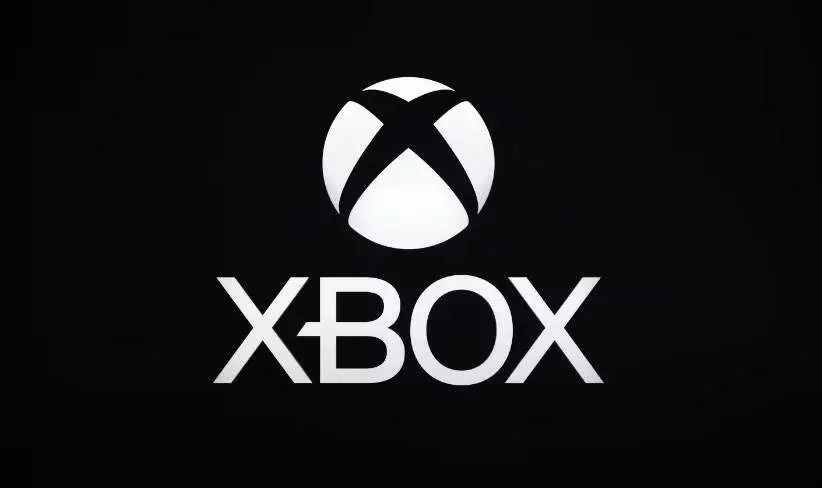In recent conversations, Microsoft Gaming CEO Phil Spencer illuminated a notable trend regarding the video game console market, asserting that it isn’t witnessing significant growth. This assertion reflects a larger shift in consumer habits and technological advancements that have transformed how games are consumed. As the interest in consoles like Xbox, PlayStation, and Nintendo plateaus, the gaming industry, particularly in the context of Microsoft, is pivoting toward health in diverse gaming avenues.
Spencer elaborated that while console sales are not expanding, Microsoft is not stepping away from the hardware scene. Instead, the focus is on broadening accessibility across varied platforms, namely PCs and cloud gaming services. This transition indicates a strategic reevaluation in which the company prioritizes making gaming more universally available rather than solely relying on traditional gaming consoles.
Despite the current stagnation in the console market, Microsoft has plans to continue developing new consoles. Spencer’s comments hint at an exciting future for their hardware, with promises of a next-generation Xbox showcasing “the largest technical leap” in the console’s history on the horizon. Additionally, there are whispers about potential new devices, such as an Xbox handheld console that could redefine gaming portability.
However, Spencer also suggested that the industry may not necessarily require mid-generation refreshes—similar to Sony’s PS5 Pro—emphasizing that incremental advancements might not drastically enhance the user experience. He pointed out that showcasing tangible benefits of enhanced hardware has become increasingly challenging, contradicting earlier eras where each leap in technology was markedly visible in performance and graphics.
An innovative advertising campaign, “This Is An Xbox,” encapsulates this strategic shift. The initiative seeks to dismantle the notion that Xbox is confined to a physical console under the television. Spencer’s vision portrays Xbox as a versatile platform, with games available across smartphones, TVs, and a plethora of other devices. This accessibility is a direct response to the growing need for gaming on-the-go, particularly among younger audiences engaged in mobile and social gaming.
Additionally, Spencer articulated an understanding of the traditional gamer’s fondness for the simplicity of a single device ecosystem. Yet, he also emphasized that modern gaming experiences often transcend individual platforms. Today’s expansive games necessitate broader ecosystems, ability to connect and engage across various devices, and participation in the larger gaming community. By rethinking Xbox not just as a hardware brand but as a gaming concept, Microsoft is pushing the envelope on how games are experienced.
As the trajectory of the gaming industry continues to evolve, Microsoft’s initiatives signal a profound homage to adaptability and forward-thinking. By prioritizing both the hardware and the gaming experience that transcends traditional boundaries, Microsoft is positioning Xbox not merely as a console, but as a gateway to a multifaceted gaming universe. Ultimately, Spencer’s insights illuminate a future where gaming is not just about exclusive devices but about broadening horizons, integrating technology, and delivering immersive experiences.


Leave a Reply